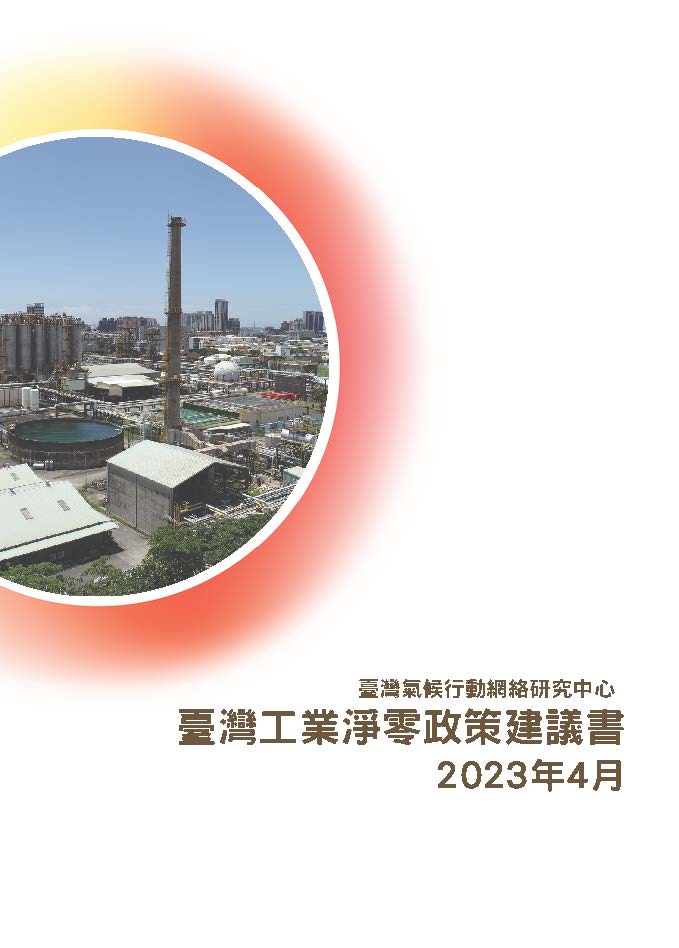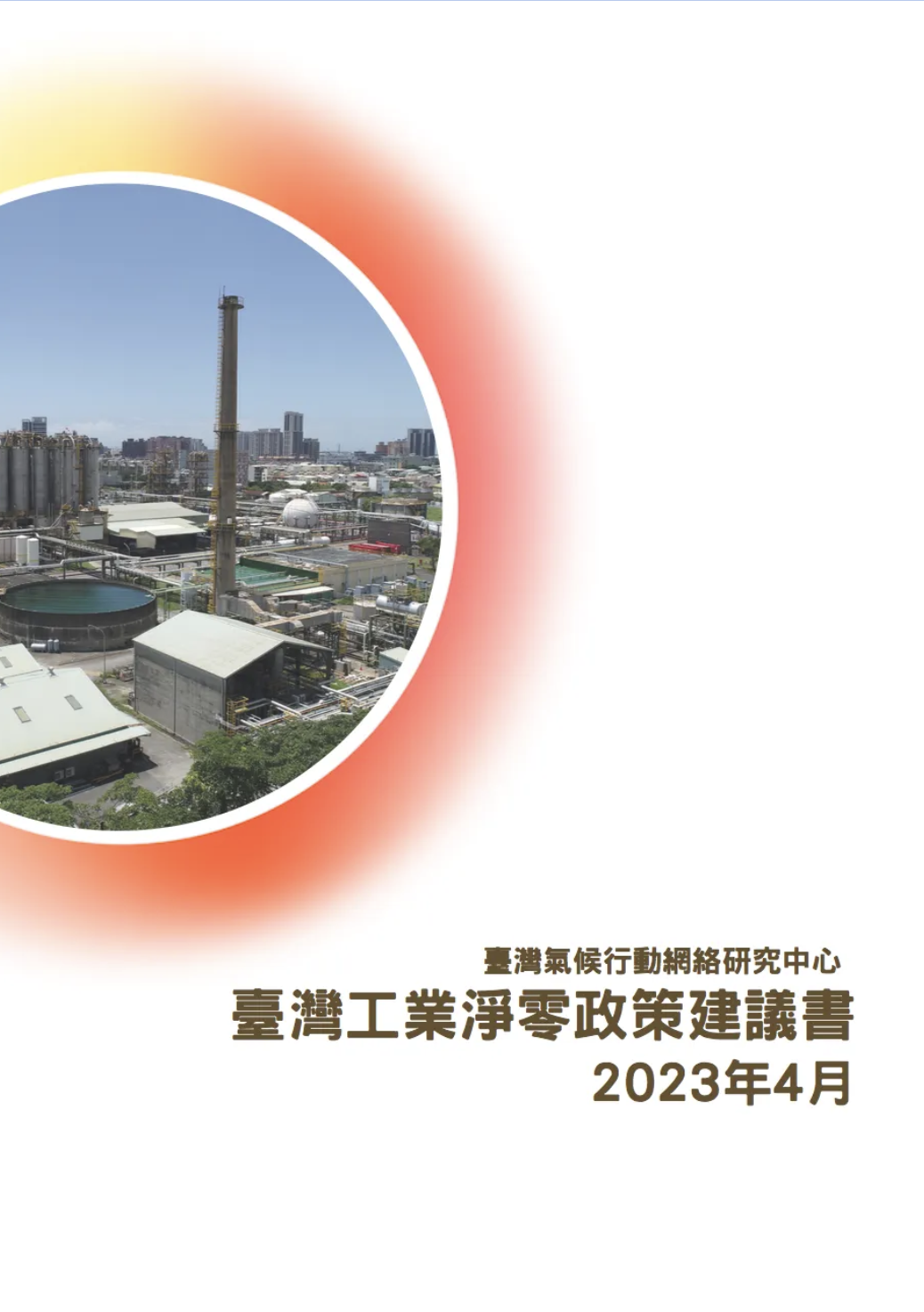Last year, Taiwan’s National Development Council published the “Taiwan’s Pathway to Net-zero Emissions by 2050” and “12 Key Strategies” to respond the trends of 2050 net-zero goals that have been committed by many economies in the world. Based on the targets and strategies, Taiwan’s Industrial Development Bureau also proposed “Net-zero Transition Pathway of Industrial Sector by 2030” to further explain its short- and medium-term plans to drive industrial decarbonization.
It is true that the Taiwanese government has made some progress regarding climate policy planning, but it is not sufficient to ensure that Taiwan meets the climate pledges. The biggest problem may be that the “12 Key Strategies” do not have a coherent action plan to decarbonize industrial sector nor innovative policy tools to encourage hard-to-abate industries to adopt low-carbon technologies — despite they produce around 40% of the country’s emissions. Instead of an ambitious industrial plan, measures to cut emissions in industries are scattered across 12 strategies on hydrogen, energy efficiency, carbon capture and other areas. In view of this, Taiwan Climate Action Network (TCAN) advocates that Taiwan’s net-zero strategies should be “12+1,” i.e. the Industrial Development Bureau should come up with an integrated industrial decarbonization plan based on the existing 12 key strategies. Moreover, relevant policy instruments should be innovated, and the policy process needs to be more inclusive and transparent. To provide comprehensive suggestions and call for more stakeholders’ participation, TCAN published the policy report: Key Policy Mixes for a Net-Zero industry in Taiwan.
In this policy report, TCAN pointed out many areas that should be improved in current industrial policy, furthermore, we introduced three policy tools that play crucial roles to decarbonize hard-to-abate industries as well. In chapter 2, we reviewed critical international research and experience, examined Taiwanese government’s documents related to the measures of industrial GHG reduction, and then provided key recommendations for the authority, including the establishment of interim targets (milestones), strengthening of climate laws and regulations, and supporting mechanism for industrial net-zero transition. In chapter 3, we highlight three policy tools that can accelerate GHG reduction in industrial sector, including demand-side mechanism: “green public procurement (low carbon procurement) for public construction projects,” supply-side mechanism: “carbon contracts for difference (CCfD)” and information-based tool: “tracking major enterprises’/ products’ climate performance (climate disclosure improvement).” Here we not only presented the policy rationale but also emphasized the implications for Taiwan.
A comprehensive industrial net-zero policy covers a variety of fields, and this policy brief just dealt with some topics. To develop an effective and inclusive industrial low-carbon transition strategy, it is necessary to invite more stakeholders to participate policy planning, implementation, and evaluation. Therefore, in the policy brief, TCAN also suggest that the authorities shall establish a unified long-term communication mechanism during the policy process by adhering to three principles: “disclosures of policy progress,” “civil society engagement,” and “concrete response to the opinions of stakeholders,” otherwise, it will be difficult to have people’s support toward to Net-zero target.


